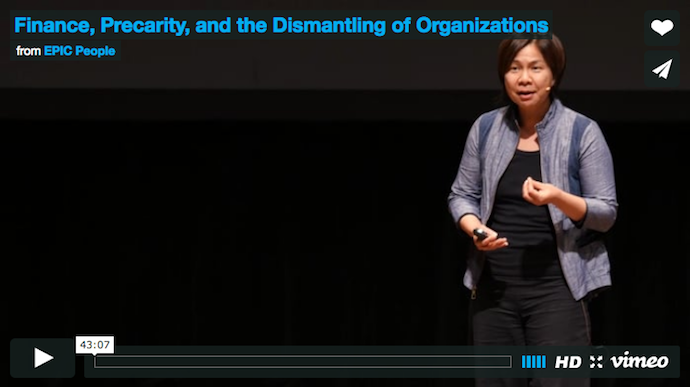In business thinking, ‘core competencies’ have long been seen as the critical factor that distinguishes great from good. Great companies have strong core competencies that they constantly leverage and develop. On the other hand, companies who do not understand their own strengths and weaknesses...



